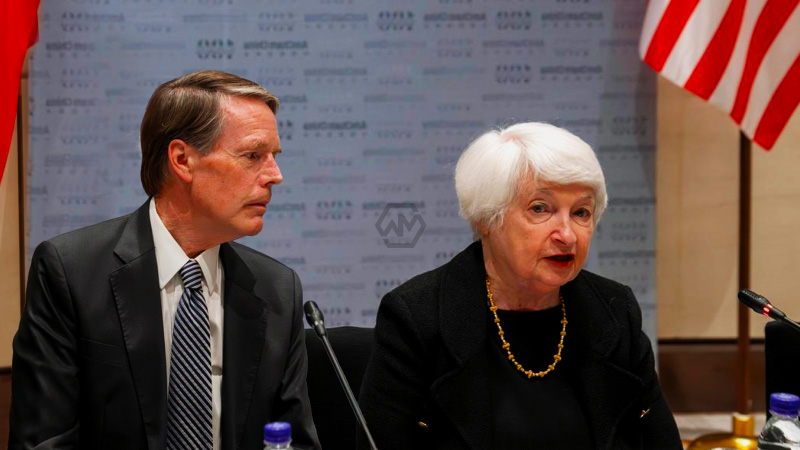To address the “existential threat” of climate change, US Treasury Secretary Janet Yellen emphasized the significance of US-China cooperation on climate finance.
She emphasized that prior collaboration between the two economies had produced significant global achievements like the 2015 Paris Agreement, which intended to aid emerging markets and underdeveloped nations in reaching their climate goals.
Addressing climate change
Beijing’s support for multilateral climate institutions already in existence, such as the Green Climate Fund and the Climate Investment Funds, was highlighted by Yellen as she emphasized the necessity of efficient and effective coordination of financing for climate projects.
With funds in China having more than doubled since 2021 to $46.7 billion, China has surpassed the US as the world‘s largest market for climate funds.
- US-China cooperation crucial for climate finance addressing the existential threat.
- Beijing supports multilateral climate institutions and emphasizes efficient financing coordination.
- China needs $17 trillion in green infrastructure for the net-zero emissions goal.
According to the World Bank, China has to invest an additional $17 trillion in green infrastructure and technologies in the power and transportation sectors if it wants to meet its net-zero carbon emissions goal by 2060.
Yellen emphasized the necessity of climate-aligned investment being “interoperable” with both the US and Chinese economic systems.
She anticipated suggestions from working groups at the next G20 finance minister meetings in India, such as the Sustainable Finance Working Group, which has created a roadmap for sustainable finance, workshops on carbon pricing, and a transition finance framework.



